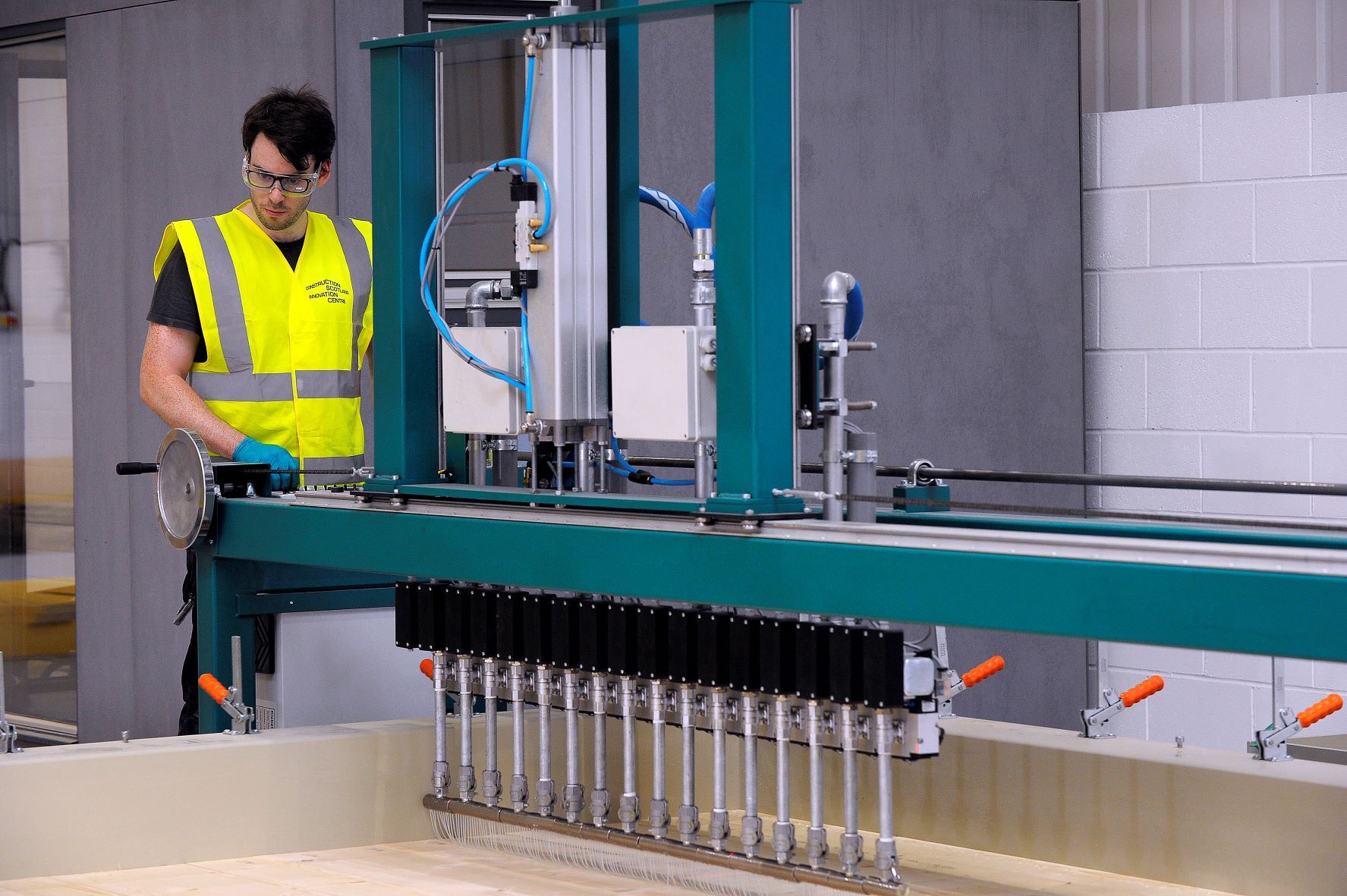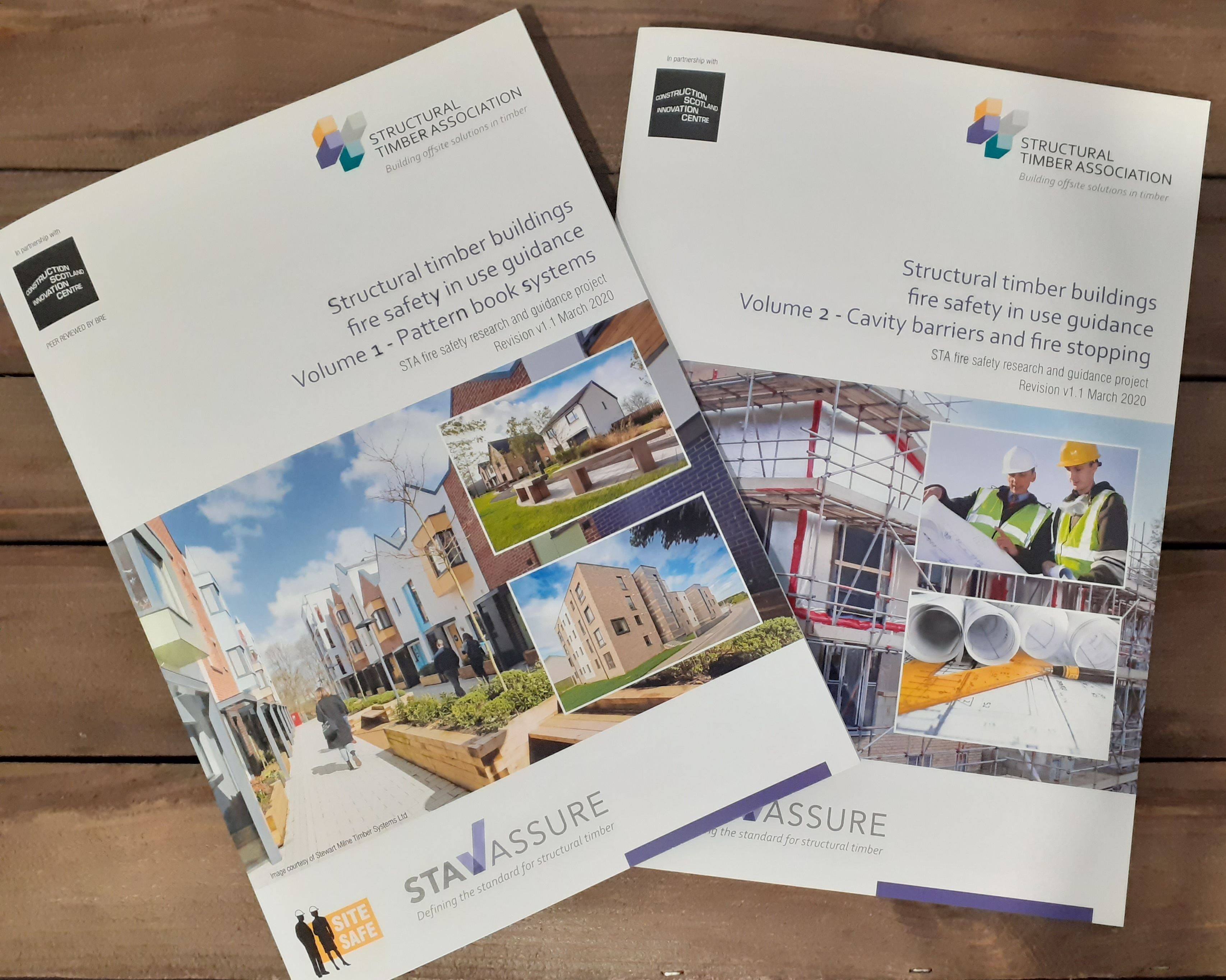Content
Mass Timber Alliance
The Commercialisation of Mass Timber project required a group of mutually benefiting and experienced stakeholders to provide direction and guidance for the research and to enhance supply chain resilience, optimising long-term net zero investment in homegrown mass timber components.

With the absence of any of UK mass timber manufacturing facilities, there was a clear opportunity to develop the use of local, sustainable, and renewable raw materials, facilitating the integration of localised indigenous supply chains.
Objectives
In collaboration with Scottish Forestry, the Confederation of Forestry Industries (Confor) and Edinburgh Napier University’s (ENU) Centre for Offsite Construction + Innovative Structures (COCIS), the objective was to determine a scalable manufacturing solution, based upon a developed methodology to balance demand, investment, and resource, working with a cross section of industry stakeholders. The ultimate goal was the commercialisation of a suite of UK mass timber products and systems, made using homegrown timber and manufactured in Scotland, for the wider UK market.
To support this, key stakeholders and supply chain partners were identified within the sector to form a Mass Timber Alliance (MTA). The MTA has become the industry advisory group for the project as it progresses. The MTA will also facilitate supply chain integration with a view to full commercialisation of the project findings. To ensure the most resilient and localised supply chain integration, MTA members were invited from a range of sectors include forestry, sawmills, designers, specifiers, engineers, component manufacturers, suppliers and end-users such as developers and housebuilders.
Support
BE-ST and COCIS investigated the optimum range of organisations, attendees, content, objectives, roadmap etc. before finalising the process and inviting those partners identified. The group meets approximately every two months to discuss the latest state of the art of the project and update each other on important sectoral changes.
Outcomes to Date
- Cross-sector collaboration to enhance supply chain resilience through understanding and optimisation of operations in a mutually beneficial commercial model
- technical performance details comparative to available volumes, characteristics of locally supplied raw materials, and demand-side requirements across residential and commercial sectors
- increase in value of raw materials due to subsequent higher manufactured value of the new homegrown mass timber components – Cross Laminated Timber, Nail Laminated Timber and Glue Laminated Timber
- collaborative approach to integrating the mass timber supply chain to distribute added value throughout, from forestry operations, sawmilling, manufacturing, component specification, offsite construction, performance certification, skills development etc.
- commitment to supply local materials via local suppliers for local contractors and developers
- Scottish Forestry
- the Confederation of Forestry Industries (Confor)
- Edinburgh Napier University’s (ENU) Centre for Offsite Construction + Innovative Structures (COCIS)
- Built Environment - Smarter Transformation



